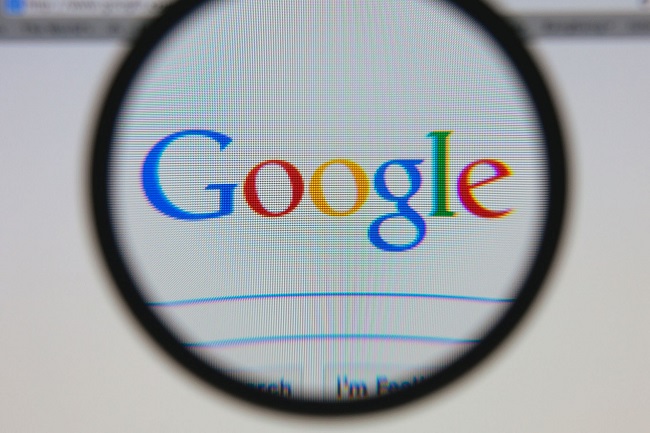Google has just declared that all European citizens are permitted to have undesirable links removed from its search engine results. The decision, which came in response to European Union’s Court of Justice May 13 ruling that the public has the “right to be forgotten,” may please privacy advocates, but raises questions over the potential abuses of hiding negative information.
Removing content is a matter of filing out a form with name and e-mail address, country whose law applies to the request, and the list of every URL the individual wants removed. To verify one’s identity, users must attach a copy of a valid photo ID. Public takedown forms may also be filled out at the bequest of others, but also requires that person’s photo ID.

Image via Shutterstock
ID verification was largely established in part to avoid scams and prevent malevolent abuse; the company states “[Google] often receives fraudulent removal requests from people impersonating others, trying to harm competitors, or improperly seeking to suppress legal information.” To that end, decisions about data removal will be performed by people, not by automated algorithms.
Content queued for removal will be highlighted in the search results; removal will commence mid-June.
Google CEO Larry Page warns that the cost of privacy is freedom of speech and innovation. In an interview with the Financial Times , he revealed that a few thousand requests have already poured in since the court ruling. Most requests relate to crime and cover-ups: 31% of requests stemming for the U.K. and Ireland relate to frauds and scams, 20% to convictions for violent or heinous crime, 12% to child pornography, and 5% to government and police. In contrast, only 2% relate to celebrities.
Page fears that the ruling will encourage “other governments that aren't as forward and progressive as Europe to do bad things.” Considering the Turkish parliament’s attempted Twitter ban a few months prior, Mr. Page isn’t too far off. Freedom of speech advocates echo these sentiments and call the ruling a way for the rich and powerful to mask negative publicity and hide the truth. By contrast, privacy advocates dismiss this notion, highlighting that a public interest clause buried in the EJC’s ruling allows Google to apply a public approval test in deciding the validity of each individual case.
Removing content from Google’s search query does not necessarily mean it won’t show up on Yahoo or Microsoft’s Bing, as the two use a different set of algorithms to determine search index; Yahoo, Inc. and Microsoft have not yet responded to the ruling.
Via Wired, BBC, Reuters
Advertisement





